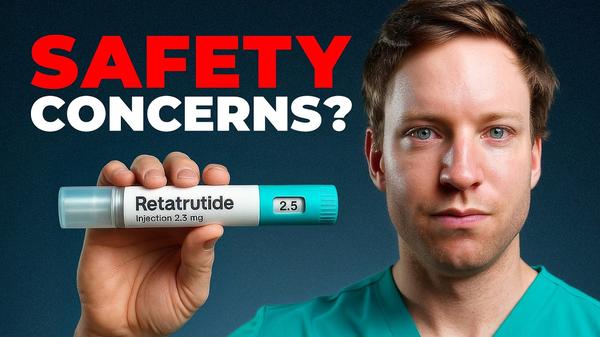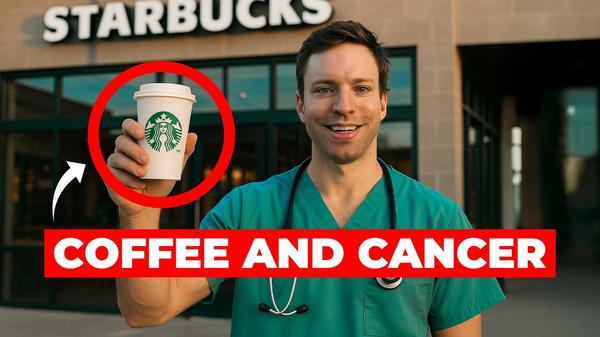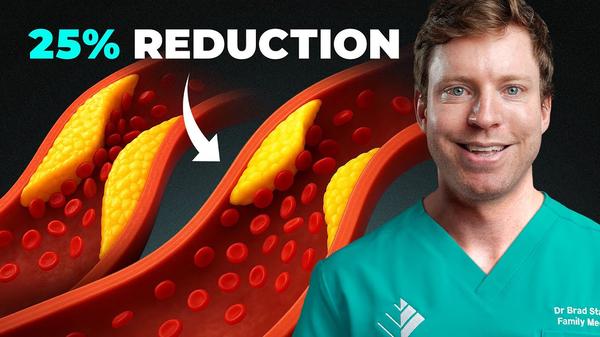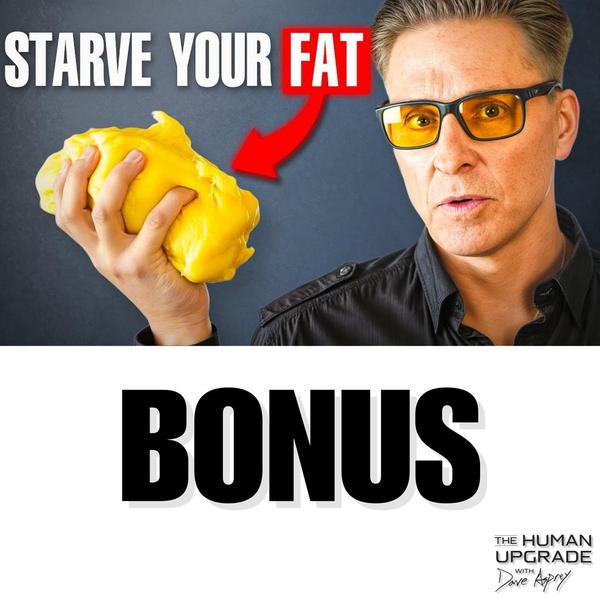
The Protein Obsession is Going Horribly Wrong
Brad Stanfield
Sep 18, 2025
Mindsip insights from this episode:
Choose whole food sources over isolated protein for essential nutrients
The main issue with isolated protein products is not what they contain, but what they leave out, such as the fiber and phytonutrients found in whole food sources.
Question high protein food choices for health risks
A study of foods marketed as 'high protein' found that almost 91% were classified as unhealthy, often being high in fat, sodium, or sugar.
Limit protein intake to 1.3g/kg for optimal muscle gains
While protein boosts muscle gains from exercise, the effect is large only up to 1.3 grams per kilogram of body weight per day, with much more modest gains after that point.
Adjust protein intake based on age to manage cancer risk
While high protein intake is linked to higher cancer mortality in people under 65, the opposite is true for those over 65, for whom lower protein intake is associated with higher cancer mortality.
Increase protein intake to lower mortality risk in kidney patients
Contrary to common belief, a recent study on patients with mild to moderate kidney disease found that a higher protein intake of 1.6g/kg actually reduced mortality risk by 33%.
Limit protein intake to prevent fat storage
The body has no way to store excess protein, so it converts the leftover carbon backbone into glucose for immediate energy or into fatty acids to be stored as fat.
More from
Brad Stanfield
You also might be interested in
#1 Nutrition Scientist: This Is Why You Struggle To Lose Weight | Kevin Hall, PhD
The 5 Pillars That Will Transform Your Health In 2026
How Laura Modi Is Rewriting Baby Formula
Ketogenic diet, ketosis & hyperbaric oxygen: metabolic therapies for weight loss, cognition, Alzheimer's & more | Dom D'Agostino, Ph.D.
What If You Stop Eating For 72 Hours?











